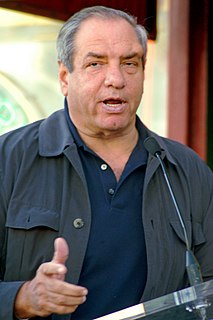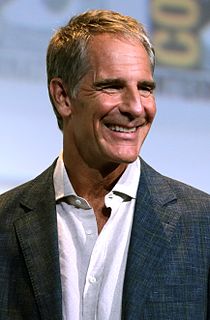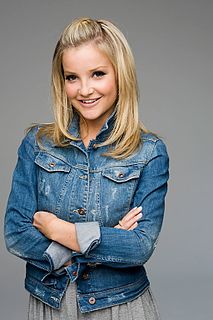A Quote by Dick Wolf
The threat to free television. The reason television is free is because it is a life support system for commercials. That fundamental aspect is about to change.
Quote Topics
Related Quotes
Once you have some sort of reputation in the outside world, they will try to woo you. They will say, "Won't you come and be on a talk program about books? That's not political." Then they can say to the outside world, "See how free it is, she appears on television. See how free it is." So I refused to have anything of mine read or dramatized on South African television.
The Bush campaign for re-election has officially begun. They're actually running television commercials. Have you seen any of the television commercials? In one of the commercials, you see George Bush for thirty seconds. In another commercial, you get to see George Bush for sixty seconds - kind of like his stint in the National Guard.
The desire to keep television out of our son's life was one of the few parenting priorities my husband and I agreed on from the beginning. We debated the pros and cons of co-sleeping, of pacifiers, of chemical-free crib mattresses and baby sign language. The television question, on the other hand, was a no-brainer.
Every system tries to get people to conform to support that system. That goes for communism, socialism, free enterprise, or any other civilization. If they don't demand loyalty, they can't keep their civilization together. So what they do is they teach things that would support an established system. We do not advocate an established system. TVP talks of an emergent system into state of change. So that we always prepare people for the next changes coming ahead. So that people will not cling to the past.




































